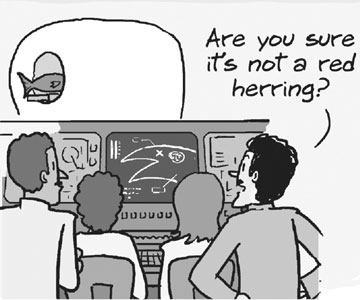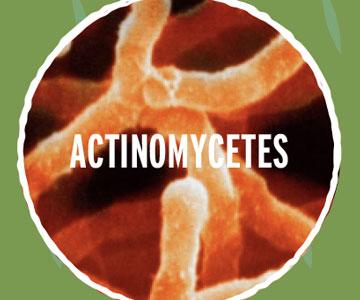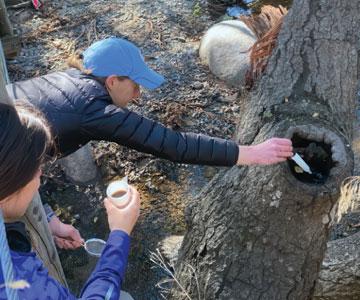Magazine
March-April 2025

March-April 2025
Volume: 113 Number: 2
The hippocampus is crucial to memory, which is essential to consciousness. This artist’s depiction focuses on a portion of the seahorse-shaped organ. Though not anatomically accurate, it hints at real forms, such as the dentate gyrus (lower left), an adaptive neural circuit vital to learning, memory, and emotional regulation. A thready, high-speed axon network links the circuit to the CA3 layer, a subunit packed with neural connections. CA3 aids in encoding episodic memories and spatial information, and helps us reconstruct memories from partial cues. In "Consciousness: The Road to Reductionism," Alan J. McComas gives a historical tour of the key brain areas behind consciousness. He also explains that this organic machine often decides to act, remember, and direct our attention before we are consciously aware of those choices. (Cover art by Greg Dunn.)
In This Issue
- Astronomy
- Biology
- Chemistry
- Communications
- Computer
- Engineering
- Environment
- Evolution
- Medicine
- Physics
- Policy
- Psychology
- Sociology
- Technology
The Manipulative Side of Chatbots and AI
Federico Fede, Viviana Masia
Communications Technology
These modern marvels converse with ease but can also deceive.
The Birth of Stars
Caroline Harper
Astronomy
The James Webb Space Telescope offers exciting glimpses of our cosmic history.










